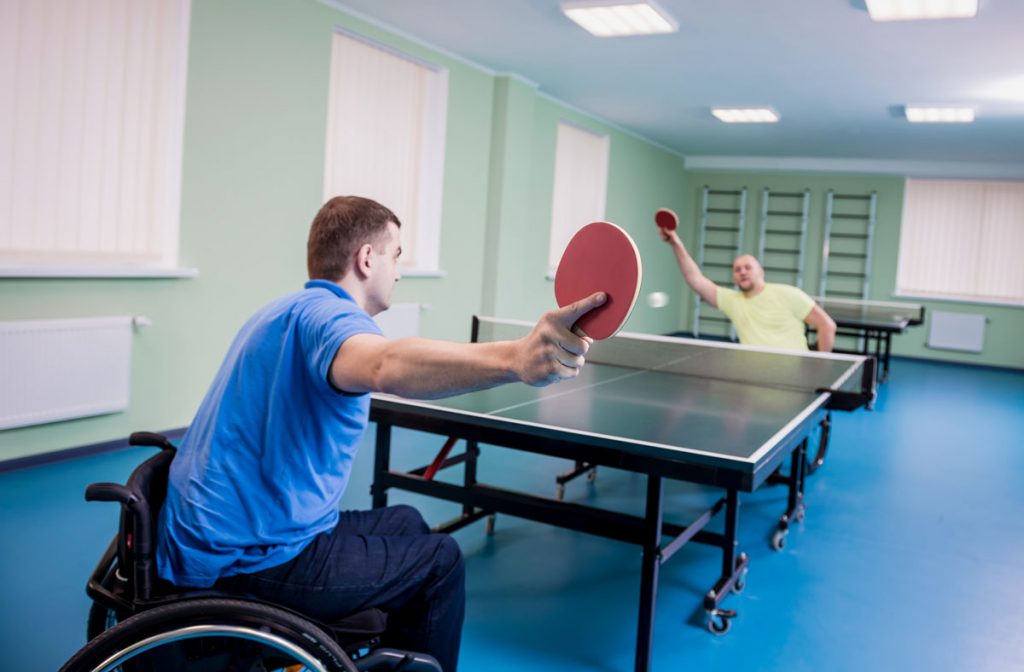The Buzz on Dementia Fall Risk
The Buzz on Dementia Fall Risk
Blog Article
The smart Trick of Dementia Fall Risk That Nobody is Discussing
Table of ContentsTop Guidelines Of Dementia Fall RiskThe 7-Minute Rule for Dementia Fall RiskNot known Details About Dementia Fall Risk A Biased View of Dementia Fall RiskThe Only Guide for Dementia Fall Risk
The FRAT has three areas: drop threat status, threat element checklist, and action plan. An Autumn Risk Standing consists of data concerning background of recent falls, medications, mental and cognitive status of the client - Dementia Fall Risk.If the individual scores on a danger variable, the matching number of factors are counted to the patient's fall risk rating in the box to the far. If a patient's loss danger score amounts to five or higher, the individual is at high risk for falls. If the person ratings just four points or lower, they are still at some threat of dropping, and the nurse should utilize their best clinical analysis to take care of all autumn risk elements as component of a holistic care plan.
These conventional techniques, in basic, assist establish a secure atmosphere that minimizes unintended drops and delineates core preventive procedures for all people. Indications are vital for individuals at risk for drops.
Some Known Facts About Dementia Fall Risk.
Wristbands ought to consist of the patient's last and first name, date of birth, and NHS number in the UK. Just red color must be utilized to signify special client standing.
Items that are also much might call for the patient to get to out or ambulate unnecessarily and can potentially be a danger or add to falls. Helps stop the person from going out of bed with no assistance. Nurses react to fallers' phone call lights quicker than they do to lights started by non-fallers.
Aesthetic problems can considerably cause drops. Hip pads, when put on properly, may lower a hip fracture when autumn happens. Keeping the beds closer to the floor decreases the danger of falls and major injury. Positioning the bed mattress on the floor significantly minimizes autumn risk in some medical care setups. Low beds are developed to minimize the range an individual falls after relocating out of bed.
The Basic Principles Of Dementia Fall Risk
Patients that are high and with weak leg muscle mass that attempt to remain on the bed from a standing position are likely to drop onto the bed since it's also reduced for them to reduce themselves securely. If a high client efforts to get up from a low bed without aid, the person is most likely to drop back down onto the bed or miss out on the bed and drop onto the floor.
They're developed to advertise timely rescue, not to protect against falls from bed. Apart from bed alarms, increased supervision for high-risk clients likewise may help stop drops.

Clients with a shuffling gait rise loss possibilities drastically. To reduce loss danger, footwear ought to be with a little to no heel, slim soles with slip-resistant tread, and support the ankles. Suggest individual to use Source nonskid socks to prevent the feet from sliding upon standing. Encourage patients to wear proper, well-fitting shoesnot nonskid socks for ambulation.
Some Known Details About Dementia Fall Risk
In a study, homes with sufficient illumination report fewer falls (Ramulu et al., 2021). Renovation in illumination at home might decrease loss prices in older grownups.

Sitters are efficient for ensuring a secure, safeguarded, and secure setting. Studies demonstrated really low-certainty evidence that caretakers minimize fall risk in intense care healthcare facilities and only moderate-certainty that options like video surveillance can reduce sitter usage without increasing loss threat, suggesting that caretakers are not as valuable as originally thought (Greely et al., 2020).
7 Easy Facts About Dementia Fall Risk Shown

Enhanced physical conditioning decreases the danger for falls and limits injury that is suffered when loss transpires. Land and water-based exercise programs may be similarly beneficial on balance and gait and therefore reduce the danger for drops. Water workout might contribute a favorable benefit on balance and stride for women 65 years and older.
Chair get redirected here Surge Exercise is a straightforward sit-to-stand exercise that helps reinforce the muscle mass in the upper legs and butts and boosts mobility and independence. The goal is to do Chair Rise exercises without making use of hands as the customer comes to be more powerful. See sources section for a thorough instruction on how to do Chair Rise workout.
Report this page